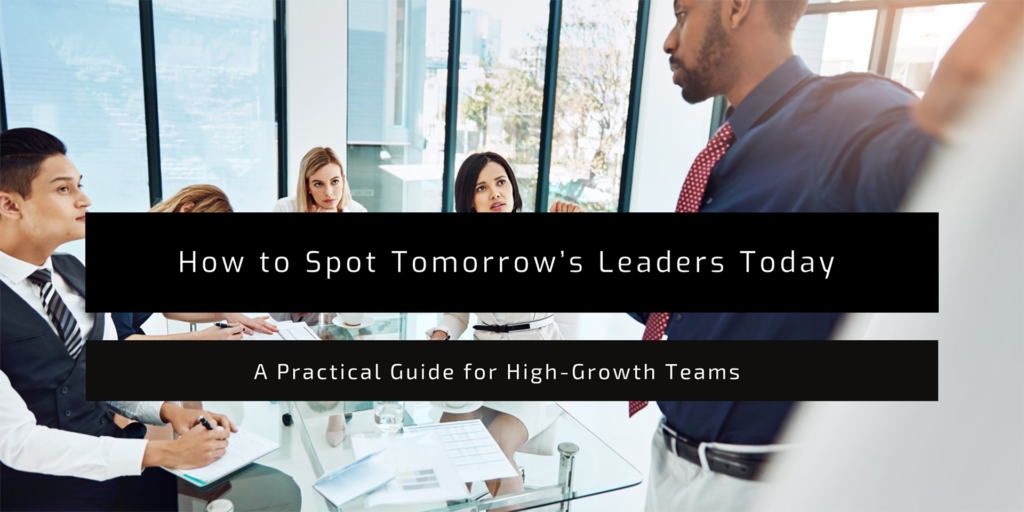There is a quote attributed to Epictetus, which states “We have two ears and one mouth so we can listen twice as much as we speak.” This quote came to mind when I was chatting with Paul Ruinaard about his experiences with the Enneagram and how he and his sales team use it to ensure that they become more attuned to clients’ needs and perspectives. Their use of the Enneagram helps them to better shape solutions to fit client needs.
The reason I found this so interesting is that in many western societies, sales is the domain of fast-talking individuals who focus their personal development more on skills of assertiveness and persuasion than on client-centricity. This is often true in business where telling is a preferred method of management.
Contrast that to our society where digital technology is creating an environment where consumers are dictating what they want, how they want it, where they want it, and even in some cases, how much they are willing to pay for it. This trend leads me to beg the question, would this work when managing employees? Would we get more done if we stopped allocating tasks and instead provided team members with required outcomes and listened to their solutions? This lets them decide the tasks that are needed to achieve the results.
My feeling would be that it would be more effective
There are a few reasons for this:
- Despite years in business, managers often lose touch with the day-to-day tasks of team members. This could lead to managers who are unaware of the latest and newest technologies and techniques available to teams. They not only impose their preferences on the team but also negatively impact the development of the team members.
- Autonomy is one of the major contributors to work satisfaction and improved engagement. Team members have a higher level of responsibility in their work and feel more pride in the outcome if they can determine the approach to take.
- Managers easily complain about team members who need excessive guidance to get work completed. This neediness could be caused by managers not trusting team members and not allowing them to determine their approach. This breeds a culture of dependence on the manager instead of letting the team members deliver outcomes independently.
It would appear therefore that deciding outcomes, discussing those with team members, finding out how they would shape the solution, and provide results within the allotted time is a good way to provide them with the clarity that they need while leaving the results up to them. It also is a great way to measure the problem-solving capabilities of team members while encouraging their development beyond the manager’s experience.
Outlining expectations
A cautionary point though is to never confuse autonomy for team members with abdication as a manager. Although team members get to decide the steps to achieve results, the manager is still required to check that they are on track and that there are no obstacles that they cannot overcome. This is specifically true for more inexperienced teams or team members who may need a little more guidance initially until they have adjusted to the expectations placed on them. Maybe I could edit Epictetus’ quote by adding that there should be two ears, one mouth, and two supportive and trusting hands.
Look out for the Coffee Companion interview on our Performance Café YouTube channel, LinkedIn, or Facebook page.
About the Author

Innocente Burger is an Inspired Leadership Channel Partner, based in Johannesburg, South Africa. She is a Transformational Human Capital Consultant, Strengths Coach, and International Public Speaker. She assists businesses to improve employee engagement. This results in increased productivity and performance for businesses with remote/ virtual teams, co-located teams, and hybrid teams. This includes businesses who, specifically during the COVID crisis need to implement remote work and flexi-time.
Her areas of focus include:
– assisting with the transition to virtual or remote working in businesses
– defining or re-igniting company culture
– positioning leadership to achieve organizational strategy
– performance management to support progress
– ensuring engagement by employees
– educating organizations on improving productivity
Contact Innocente@performforward.com
+27 78 504 3917
www.performforward.com





